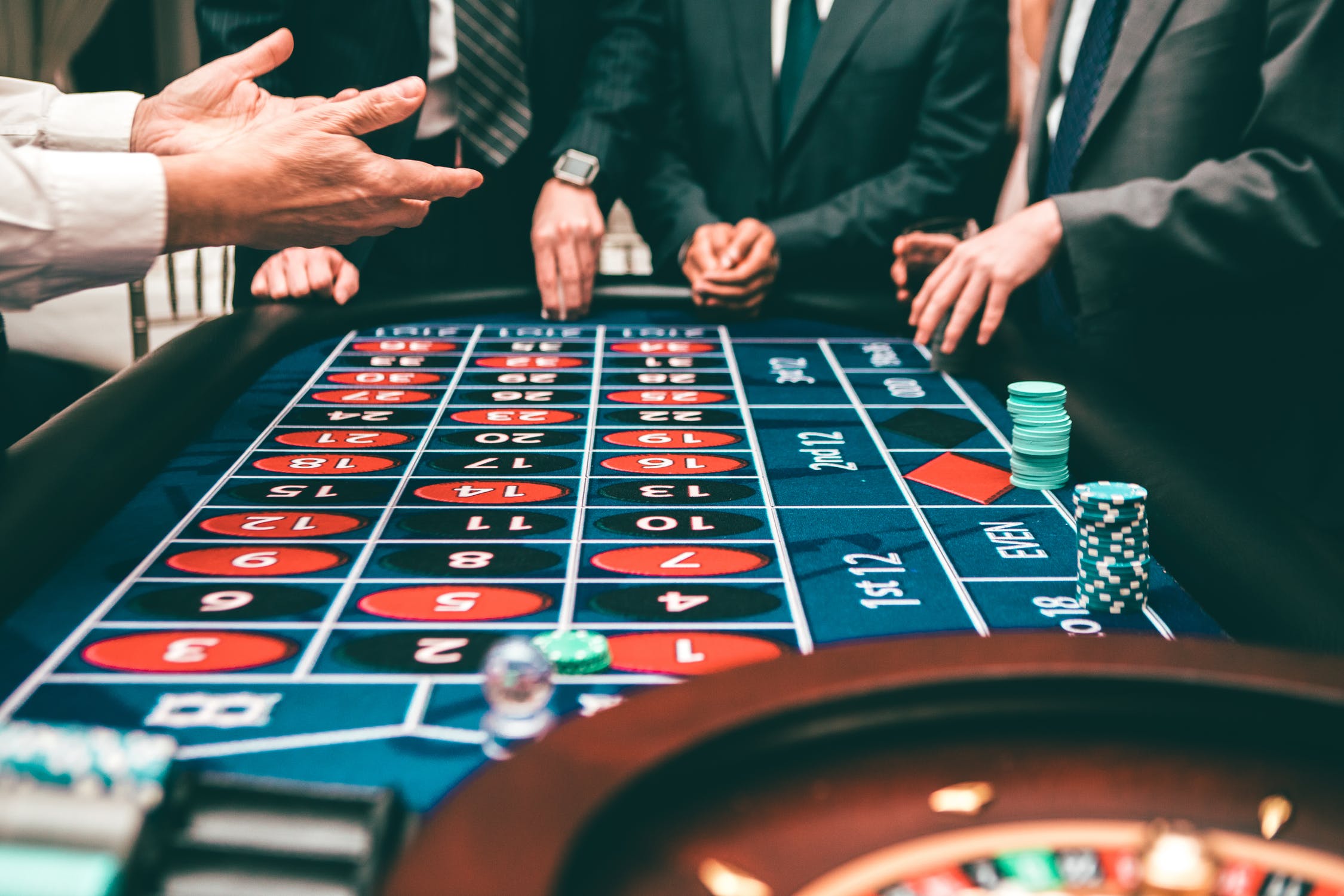Casino games have enthralled players for centuries, drawing them into a realm of adventure, fortune, and wealth. From the flashing lights of gambling machines to the intense nature of card tables, these games offer a special blend of fun and hazard. However, below the shiny exterior of this glitz and style lies a intricate connection of calculations that shapes every result and decision made within the gaming hall.
Understanding this connection between gambling games and math not just boosts the gambling experience but also can help participants make informed choices. Whether you are a casual punter or a passionate enthusiast, recognizing the numerical strategies at play can offer insightful understandings into chances, ratios, and approaches, finally affecting how one deals with these games of chance.

Mathematical Likelihood in Betting
In the sphere of casino games, mathematical probability plays a critical role in determining outcomes and informing gambler decisions. Jun88 Each activity has a distinct set of regulations and a specific probability model that shapes its dynamics. For example, in activities like the roulette wheel, players must comprehend the probabilities of hitting a certain digit or color. The likelihood of specific events happening can be computed, and this knowledge can substantially influence betting strategies.
Players also need to be cognizant of the casino edge, which is the mathematical benefit that casinos hold over gamblers in the long term. This edge differs across various activities. In 21, skilled players can use tactics to lower the casino advantage to as little as one %, while in activities like slots, the casino advantage can be much higher. Understanding the casino edge allows gamblers to make wise decisions about which games to play and the amount to bet.
Moreover, likelihood is fundamental in the concept of risk versus reward in gambling. Each wager carries a particular danger level, and players must evaluate the possible payout against that danger. Games like the poker game require gamblers to not only assess the chances of their own showing winning but also to assess the likelihoods of their rivals’ showings. By utilizing mathematical principles to their gameplay, gamblers can enhance their odds of winning and participate more effectively in the exciting world of casino games.
Anticipated Worth in Casino Activities
When talking about casino games, one of the fundamental ideas rooted in math is the expected worth. This statistical measure assists gamblers grasp the possible results of their wagers over a period. In simple terms, anticipated worth (EV) calculates the mean amount a gambler can expect to gain or suffer per bet if they were to play the game repeatedly. Each activity has its unique EV, influenced by the probabilities and the casino advantage, which signifies the advantage that the casino holds.
For instance, think of a activity like roulette. The expected value can be derived based on the specific bet made. If a gambler bets on a single number, the return is 35 to 1, but the actual odds of success that bet are 1 in 37 (in Euro roulette). This results in a detrimental anticipated value, showing that, on the whole, players will incur a loss money over a period when playing this type of wager. Grasping this concept allows gamblers to make more informed decisions about which games and bets may be more favorable.
Additionally, the investigation of expected worth can lead to improved bankroll management. Gamblers who understand the math behind their activities are often able to set practical expectations. By acknowledging their possible deficits and profits, they can adjust their gambling strategies accordingly, which may enhance their total gambling experience overall. As a consequence, expected value serves as a crucial resource for both beginner and seasoned players to navigate the often volatile nature of casino activities.
Tactics and Probabilities: The Math Behind Winning
In casino games, grasping the chances is vital for players attempting to enhance their chances of winning. Each game has its own distinct set of chances that establish successful outcomes, and these numbers are often found in the gaming guidelines or payout tables. For example, in activities like blackjack, gamblers can improve their probabilities through tactics such as tracking cards, which depends on mathematical principles to gain an advantage over the house. By educating themselves with the probabilities, gamblers can make more informed decisions on when to place bets and when to give up.
Additionally, the idea of average value holds a major function in gambling strategies. Average outcome assesses the mean outcome of a bet over time, allowing participants to evaluate whether a particular stake is worth taking. For instance, video slots have a set payback percentage, which can indicate the typical profit a gambler can look for on their stakes. By opting for games with better payout percentages, participants can reduce the house edge, enhancing their potential returns in the over time.
Lastly, successful gamblers often utilize a blend of chance and mathematical strategy to boost their gaming experience. While chance can’t be controlled, managing a betting strategy based on math insights can lead to more positive results. By making use of techniques such as money management and choosing games, gamblers can apply math to navigate the volatile nature of casino games, making the most of their time and investments at the tables.